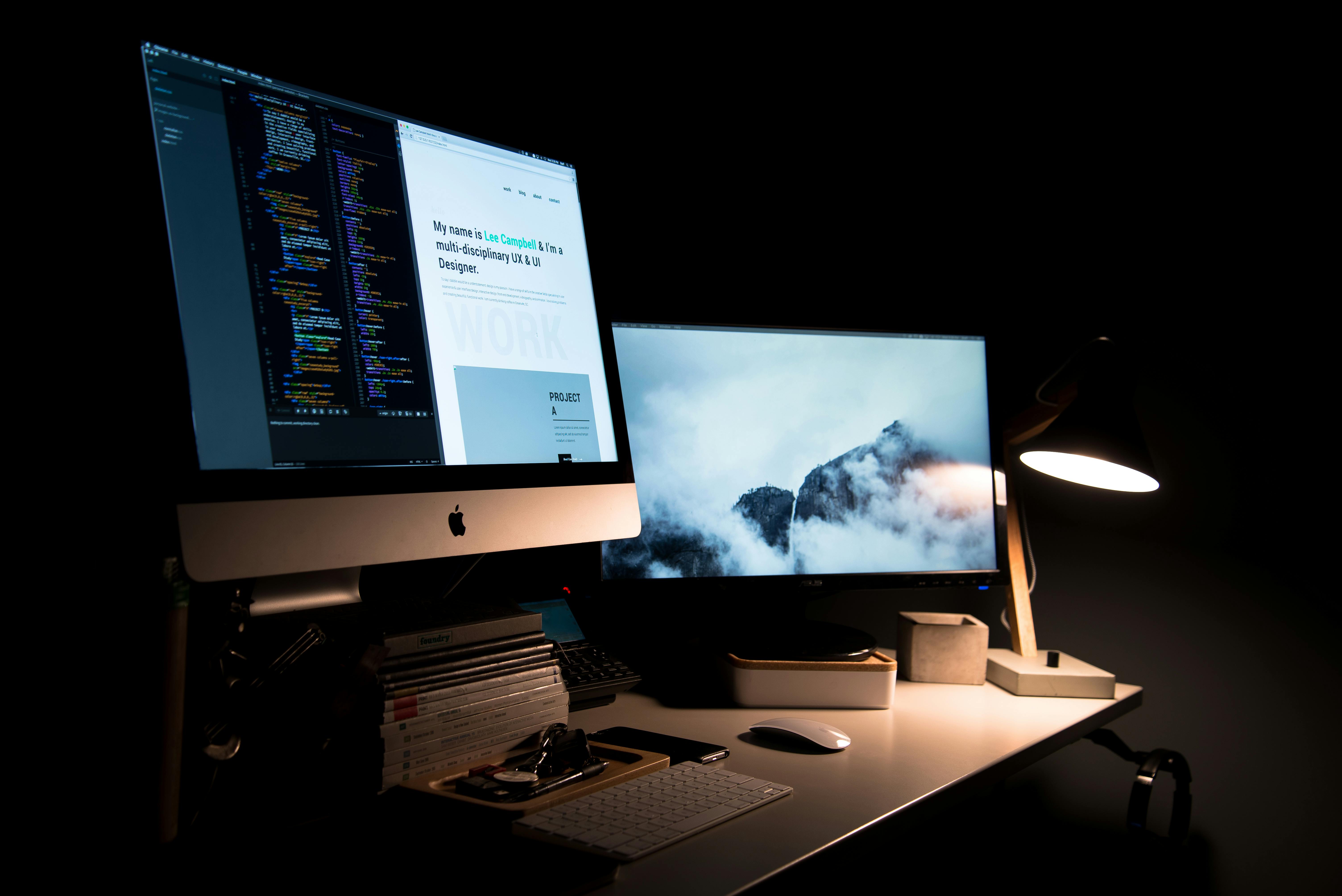
How Arkansas Lawmakers Are Protecting Individuals From AI Generated Media
Artificial intelligence, commonly known as AI, has grown exponentially over the last 75 years. It all started in 1950, with Alan Turing’s “Computing Machinery and Intelligence.” After his publication, the world watched in awe as computers learned how to play checkers and converse with humans. And those AI systems were pre-1970!
Today, the world of AI looks vastly different. With easy access, most anyone can ask an AI system to generate images, videos, voices, and more. This can be great when you’re trying to include a deceased loved one into a cherished picture or recreate their voice, but not so great when it’s being used without an individual’s or their estate’s permission.
Currently, Arkansas is one of the only states that has laws regarding fair AI use. While many other states are expected to follow suit, here’s what the groundbreaking Arkansas legislature has to say about commercial AI.
The Frank Broyles Publicity Rights Protection Act of 2016
Before we can dive into the newest AI bill in Arkansas, we must first analyze the act that came before to understand the AI amendment made in 2025: the Frank Broyles Publicity Rights Protection Act of 2016.
Under this act, a person’s name, voice, signature, photograph, and likeness cannot be used without consent of the individual (or their estate). Celebrity or not, this applies to any Arkansas resident. For example, if you see your image on a billboard and you never approved this company to use your likeness, you have a case to potentially sue the company.

However, there are some exceptions to this law. If you attend a public event where cameramen are present, they can publish your photos and/or video. Additionally, news broadcasts are exempt from this protection act as well.
HB1071: AI Amendment
Even though AI has been around since the 1950s, the difference between the technology available in 2016 and the current AI in 2025 is enormous. In 2016, you could easily tell if a video was a “deep fake,” which means AI generated. In 2025, it's incredibly hard to tell the difference between real likeness and phony.
Therefore, Arkansas needed to introduce the modification to the Frank Broyles Publicity Rights Protection Act: the HB1071 amendment that encompasses AI. Now, in addition to someone's name, photo, likeness, signature, and voice, AI generated representation of an individual is not acceptable.

Let’s say you starred in an Arkansas company commercial a few years ago, but just recently saw an advertisement using your likeness through AI, whether image or voice, that you did not approve of. With the current Arkansas HB1071 amendment, individuals can pursue litigation against the establishment that published AI generated material without consent.
Seeking An Attorney To Represent Your Case? Schedule With Hickey & Hull
Whether you’re an individual or a business in need of representation, the legal associates at Hickey & Hull are available to consult with you. With the rapid rise of AI technology and the recent amendment to the Frank Broyles Publicity Rights Protection Act, Arkansas courtrooms will see a rise in AI legal battles for years to come.
The law offices of Hickey & Hull experience representing cases in a variety of courtrooms, including family, criminal, civil, personal injury, and business law. Schedule your initial consultation with our live agent today!
